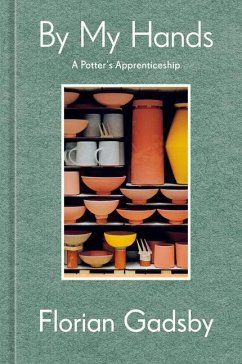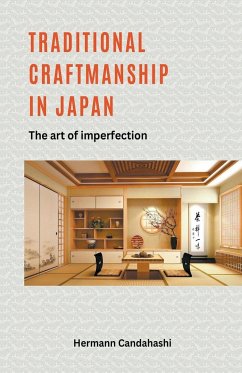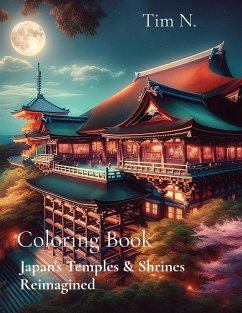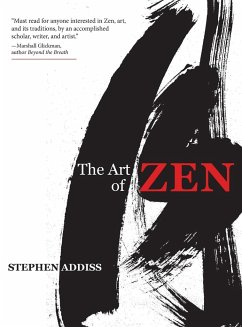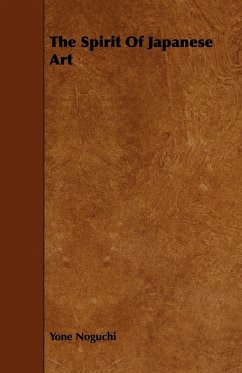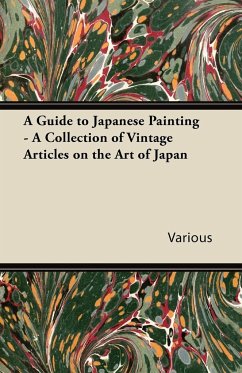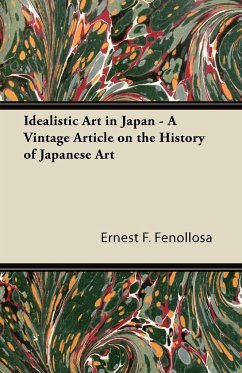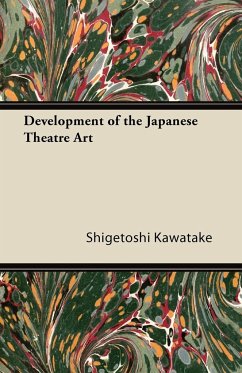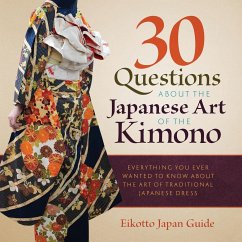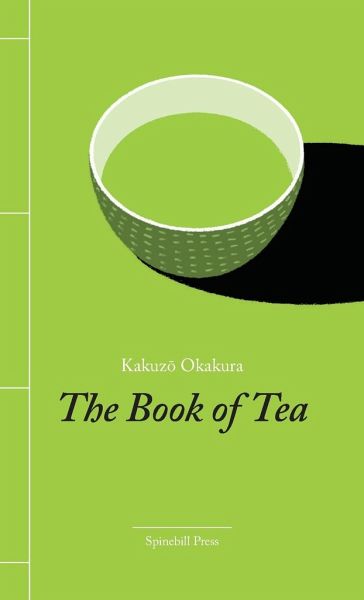
The Book of Tea
Versandkostenfrei!
Versandfertig in 1-2 Wochen
9,99 €
inkl. MwSt.

PAYBACK Punkte
5 °P sammeln!
Scholar and historian Kakuz¿ Okakura celebrates the history of tea and the Japanese tea ceremony in this classic text, and explores the connection of the Way of Tea to art, architecture, flowers, philosophy and religion. The Book of Tea is a delightful, meandering stroll through a tea garden in the company of an entertaining, highly educated raconteur.





